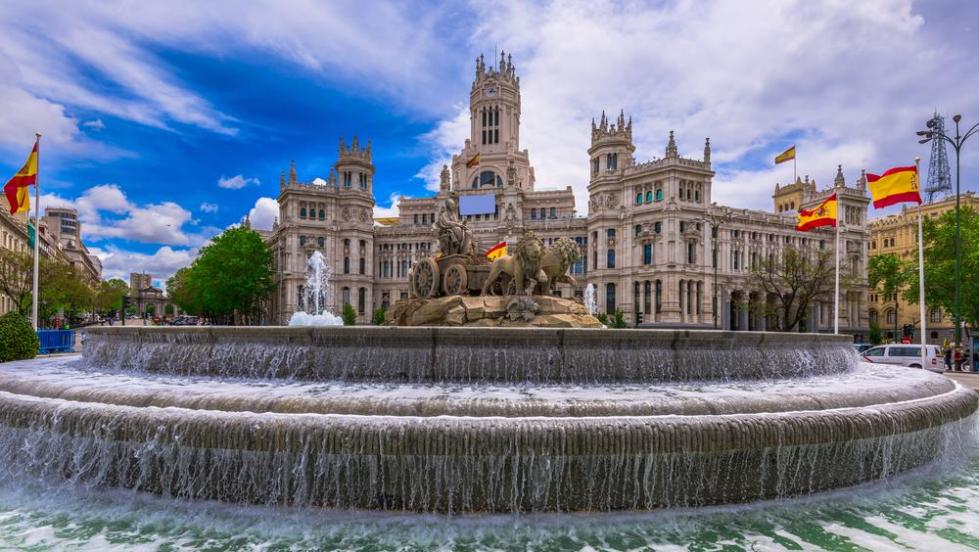About Spain
Spain, a country on Europe’s Iberian Peninsula, includes 17 autonomous regions with diverse geography and cultures. Capital city Madrid is home to the Royal Palace and Prado museum, housing works by European masters. Segovia has a medieval castle (the Alcázar) and an intact Roman aqueduct. Catalonia’s capital, Barcelona, is defined by Antoni Gaudí’s whimsical modernist landmarks like the Sagrada Família church. In the 8th century, nearly all of the Iberian Peninsula was conquered (711–718) by largely Moorish Muslim armies from North Africa. These conquests were part of the expansion of the Umayyad Caliphate. Under Islamic law, Christians and Jews were given the subordinate status of dhimmi. This status permitted Christians and Jews to practice their religions as People of the Book but they were required to pay a special tax and had legal and social rights inferior to those of Muslims. Córdoba, the capital of the caliphate since Abd-ar-Rahman III, was the largest, richest and most sophisticated city in western Europe. Mediterranean trade and cultural exchange flourished. Spain was Europe's leading power throughout the 16th century and most of the 17th century, a position reinforced by trade and wealth from colonial possessions and became the world's leading maritime power. The Spanish Civil War broke out in 1936. For three years the Nationalist forces led by General Francisco Franco and supported by Nazi Germany and Fascist Italy fought the Republican side, which was supported by the Soviet Union, Mexico and International Brigades but it was not supported by the Western powers due to the British-led policy of Non-Intervention. In 1939, General Franco emerged victorious and became a dictator. Spain became a democracy in 1978 after the death of General Franco. The climate of Spain, its geographic location, popular coastlines, diverse landscapes, historical legacy, vibrant culture and excellent infrastructure, has made Spain's international tourist industry among the largest in the world. In the last five decades, international tourism in Spain has grown to become the second largest in the world in terms of spending, worth approximately 40 billion Euros or about 5% of GDP in 2006.
